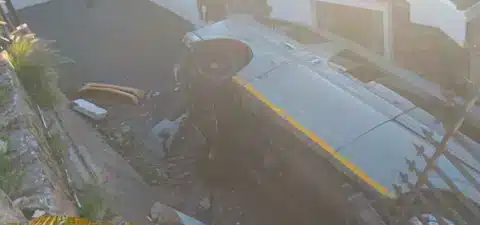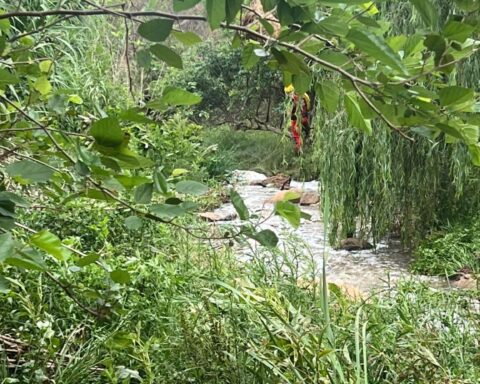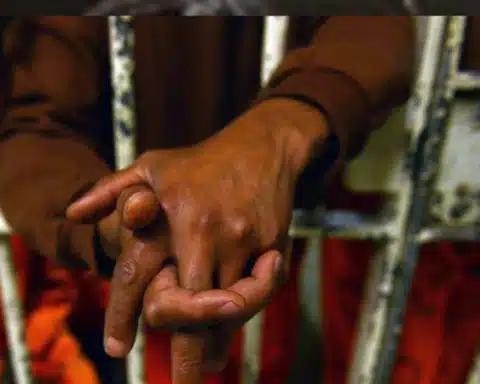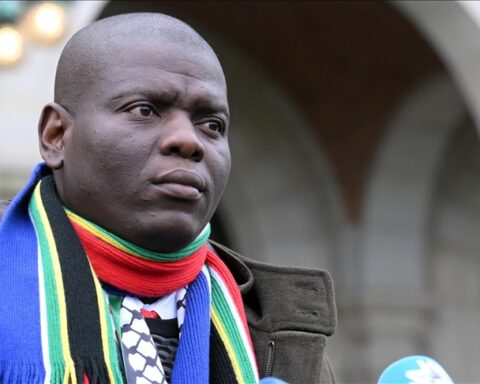South African leader denies wrongdoing as leaked documents suggest influential family holds undue sway over officials
Jacob Zuma, South Africa’s embattled president, faces renewed pressure to step down this weekend after a series of media reports detailed links between elected officials and a family of tycoons accused of holding undue sway over his administration.
More than 100,000 documents and emails leaked to reporters in recent weeks appear to detail improper dealings in lucrative government contracts made with the Gupta family – secretive and immensely wealthy businessmen of Indian origin who have lived in South Africa for decades.
Authorities have launched an investigation into several allies of Zuma who have been linked to corruption at three state-owned companies. One of the allegations involves suspected kickbacks worth $411m. The Gupta family and Zuma have consistently denied any wrongdoing.
The African National Congress, which led the fight against apartheid and has ruled South Africa since Nelson Mandela won the first multi-racial elections in 1994, met on Friday to debate the future of a country mired in recession, corruption and political deadlock.
 Critics say Zuma has betrayed Mandela’s legacy, replacing idealism and ethics with a brutal and avaricious bid for wealth and power, dividing the ANC and tarnishing the reputation of the post-apartheid “Rainbow Nation”.
Critics say Zuma has betrayed Mandela’s legacy, replacing idealism and ethics with a brutal and avaricious bid for wealth and power, dividing the ANC and tarnishing the reputation of the post-apartheid “Rainbow Nation”.
The 75-year-old politician and activist has denied that the party is in crisis.
“When people are travelling a long journey they always come across difficulties and challenges along the journey … What is important is whether those people are able to overcome those challenges,” Zuma told an ANC fundraising dinner on Thursday.
Analysts, however, have described the challenges facing the ANC as the greatest in 20 years. Prof Anthony Butler, an expert and author at the University of Cape Town, said the party was “in very big trouble”.

“The ANC is moving out of step with society … and is suffering from extremely destructive factional politics … and we shouldn’t underestimate the amount of damage Zuma is doing [to the party],” Butler said.
There is rising concern within the ANC that Zuma could cost the party power. Tens of thousands protested against him in March after he sacked the widely respected finance minister, leading rating agencies to downgrade South Africa to “junk” status. The ANC was punished at municipal elections last year.
The economy is now officially in recession and unemployment has hit a 14-year high. Butler added: “The country is facing a wide range of problems. There is no prospect of economic growth accelerating and no plan. The [ANC’s] focus is always on internal politics.”
Zuma is due to be replaced as ANC leader at a national conference in December. The two strongest candidates are the deputy president, Cyril Ramaphosa, who is seen as the leader of the “reformist” faction of the party, and Zuma’s ex-wife Nkosazana Dlamini, a former African Union chair and minister seen by analysts as closer to her ex-husband and his supporters.
Whoever wins the contest later this year is likely to become president of the country. Parliamentary elections are due to be held in in 2019.








